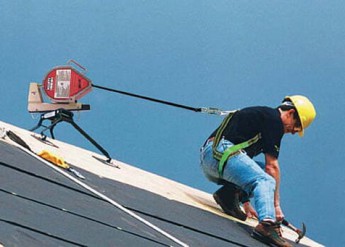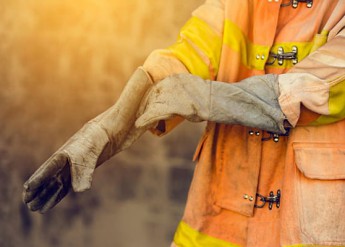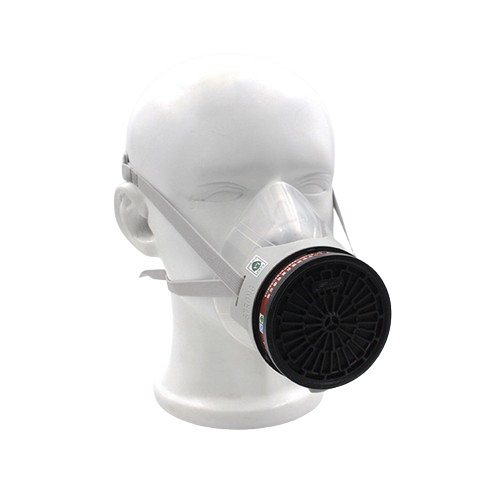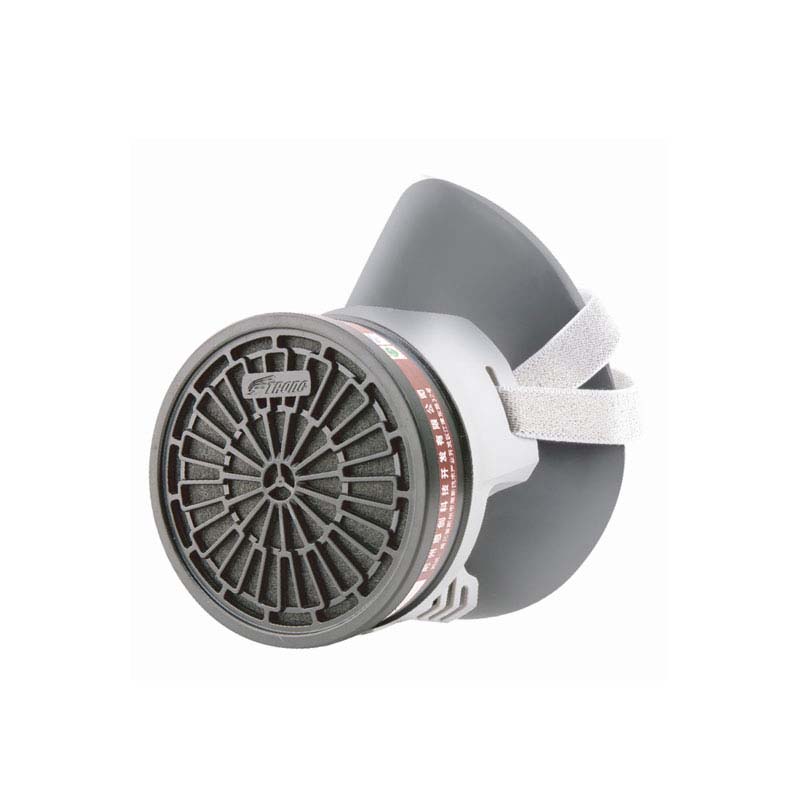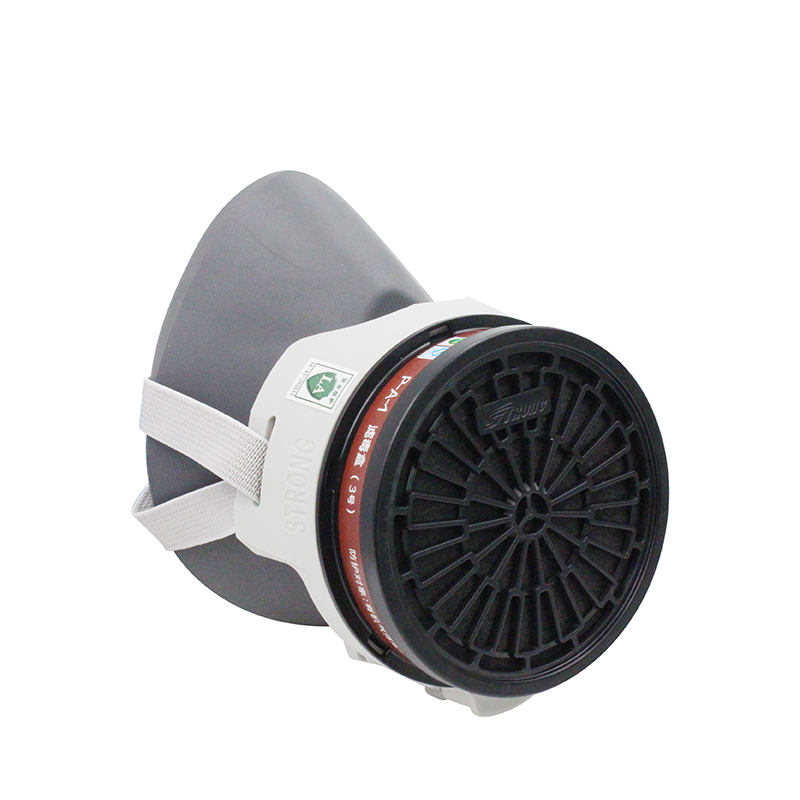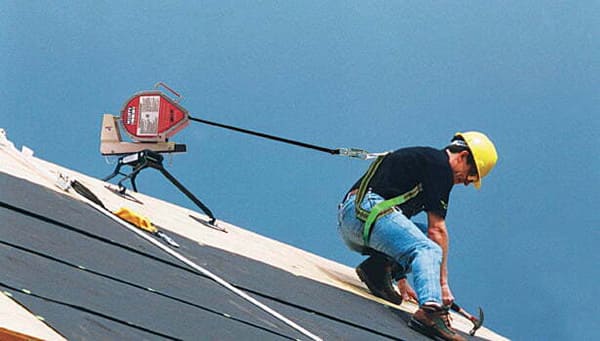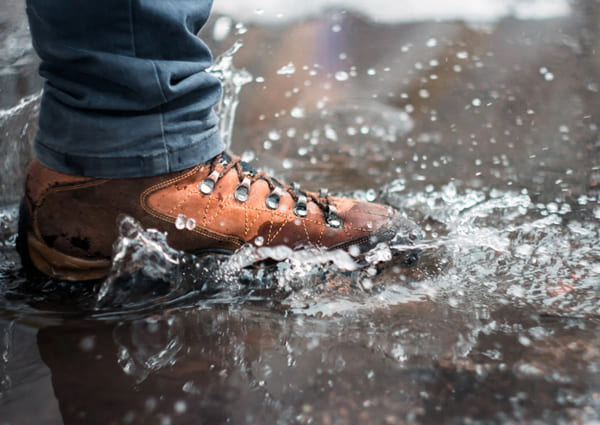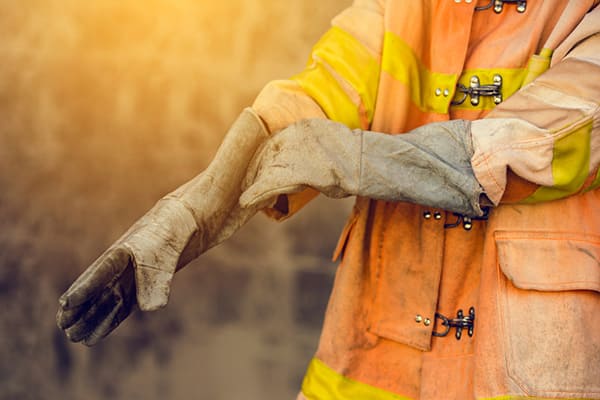Do Safety Helmets Expire?
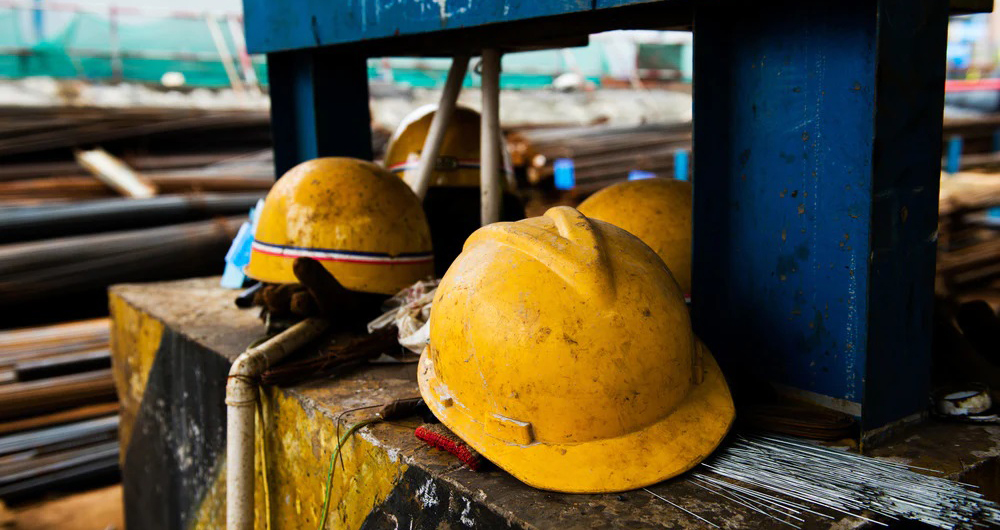
Safety helmets are vital personal protective equipment (PPE) designed to protect the head from potential injuries in various industries and activities. However, there is a common question regarding the expiration of safety helmets. This article aims to address the query of whether safety helmets expire and provides insights into the factors that affect their lifespan and effectiveness.
1、Understanding Safety Helmet Lifespan:
Safety helmets are typically made from durable materials such as high-density polyethylene (HDPE) or polycarbonate. While they are designed to withstand impact and provide protection, it is important to note that they do have a limited lifespan.
2、Manufacturer's Recommendations:
The lifespan of a safety helmet can vary depending on the manufacturer and the specific standards they follow. Manufacturers often provide guidelines or recommendations on the recommended lifespan of their helmets. It is crucial to consult the manufacturer's instructions or contact them directly to determine the specific expiration details.
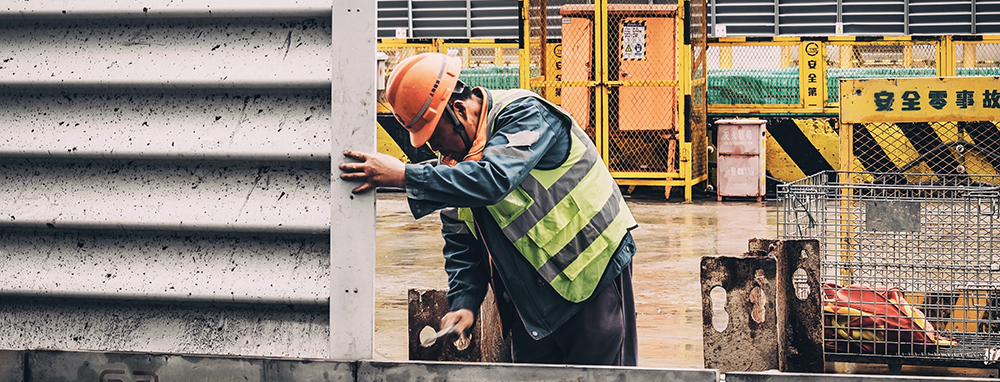
3、Factors Affecting Helmet Lifespan:
Several factors can influence the lifespan of a safety helmet. These factors include exposure to sunlight, extreme temperatures, chemicals, and physical damage. Extended exposure to these elements can deteriorate the helmet's structural integrity, compromising its ability to provide adequate protection.
4、Visual Inspection:
Regular visual inspections are essential to determine the condition of a safety helmet. Inspect the helmet for any signs of damage, including cracks, dents, deformities, or discoloration. If any such damage is detected, it is advisable to replace the helmet, even if it is within the recommended lifespan.
5、Impact or Accident:
If a safety helmet has been subjected to a significant impact or involved in an accident, it should be immediately replaced, regardless of its age or visual condition. Even if there are no visible signs of damage, the internal structure may have been compromised, rendering the helmet less effective in subsequent incidents.
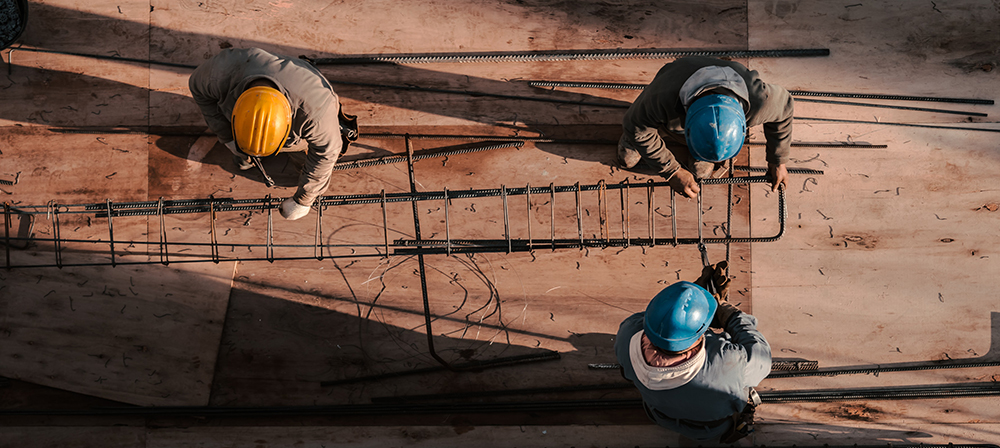
6、Compliance with Standards:
To ensure optimal protection, safety helmets must meet specific standards and regulations set by relevant authorities. It is important to check if the helmet complies with the applicable safety standards. Compliance with standards not only ensures the quality of the helmet but also provides guidelines on its recommended lifespan.
7、Regular Replacement:
To maintain the highest level of protection, it is generally recommended to replace safety helmets at regular intervals, even if they show no signs of damage. Following the manufacturer's guidelines and industry best practices, a replacement cycle of every two to five years is commonly recommended.
Conclusion:
Safety helmets play a critical role in protecting the head from potential hazards, and their effectiveness depends on various factors, including their lifespan. While safety helmets do not have a universal expiration date, it is important to consider the manufacturer's recommendations, perform regular visual inspections, and replace helmets that have been involved in significant impacts or accidents. By understanding and adhering to these practices, individuals can ensure their safety helmets provide optimal protection throughout their intended lifespan.

